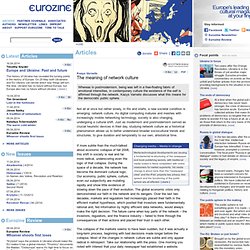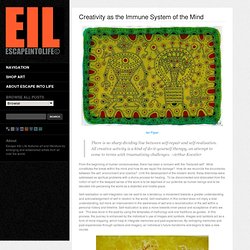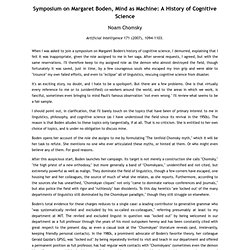

The meaning of network culture - Kazys Varnelis. Whereas in postmodernism, being was left in a free-floating fabric of emotional intensities, in contemporary culture the existence of the self is affirmed through the network.

Kazys Varnelis discusses what this means for the democratic public sphere. Not all at once but rather slowly, in fits and starts, a new societal condition is emerging: network culture. As digital computing matures and meshes with increasingly mobile networking technology, society is also changing, undergoing a cultural shift. Just as modernism and postmodernism served as crucial heuristic devices in their day, studying network culture as a historical phenomenon allows us to better understand broader sociocultural trends and structures, to give duration and temporality to our own, ahistorical time. If more subtle than the much-talked about economic collapse of fall 2008, this shift in society is real and far more radical, underscoring even the logic of that collapse. Today, network culture succeeds postmodernism. George Eliot Famous Quote about Indifference, Love, Tenderness, Vanity. This Is Your Life (and How You Tell It)
Creativity as the Immune System of the Mind. Ian Pyper There is no sharp dividing line between self-repair and self-realisation.

All creative activity is a kind of do-it-yourself therapy, an attempt to come to terms with traumatising challenges. –Arthur Koestler From the beginning of human consciousness, there has been a concern with the “fractured self”. What constitutes the break within the mind and how do we repair the damage? Self-realisation or self-integration can be said to be a tendency, a movement towards a greater understanding and acknowledgement of self in relation to the world. Remembering Image, AIM Artist The telling of stories has always involved sharing and thus the catalyst for healing. When we have made an experience or a chaos into a story we have transformed it, made sense of it, transmuted experience, domesticated the chaos. We can begin by looking to the value of story-telling, myth-making, and art-making as the ordering and understanding of patterns of human experience. The Last Supper by Stephen (AIM Artist) Symposium on Margaret Boden, Mind as Machine: A History of Cognitive Science, by Noam Chomsky.
When I was asked to join a symposium on Margaret Boden's history of cognitive science, I demurred, explaining that I felt it was inappropriate, given the role assigned to me in her saga.

After several requests, I agreed, but with the same reservations. I'll therefore keep to my assigned role as the demon who almost destroyed the field, though fortunately it was saved, just in time, by a few courageous souls who escaped my iron grip and were able to "trounce" my own failed efforts, and even to "eclipse" all of linguistics, rescuing cognitive science from disaster.
It's an exciting story, no doubt, and I hate to be a spoilsport. But there are a few problems. One is that virtually every reference to me or to (unidentified) co-workers around the world, and to the areas in which we work, is fanciful, sometimes even bringing to mind Pauli's famous observation "not even wrong. " After this auspicious start, Boden launches her campaign. So it continues, invariably without the taint of evidence.